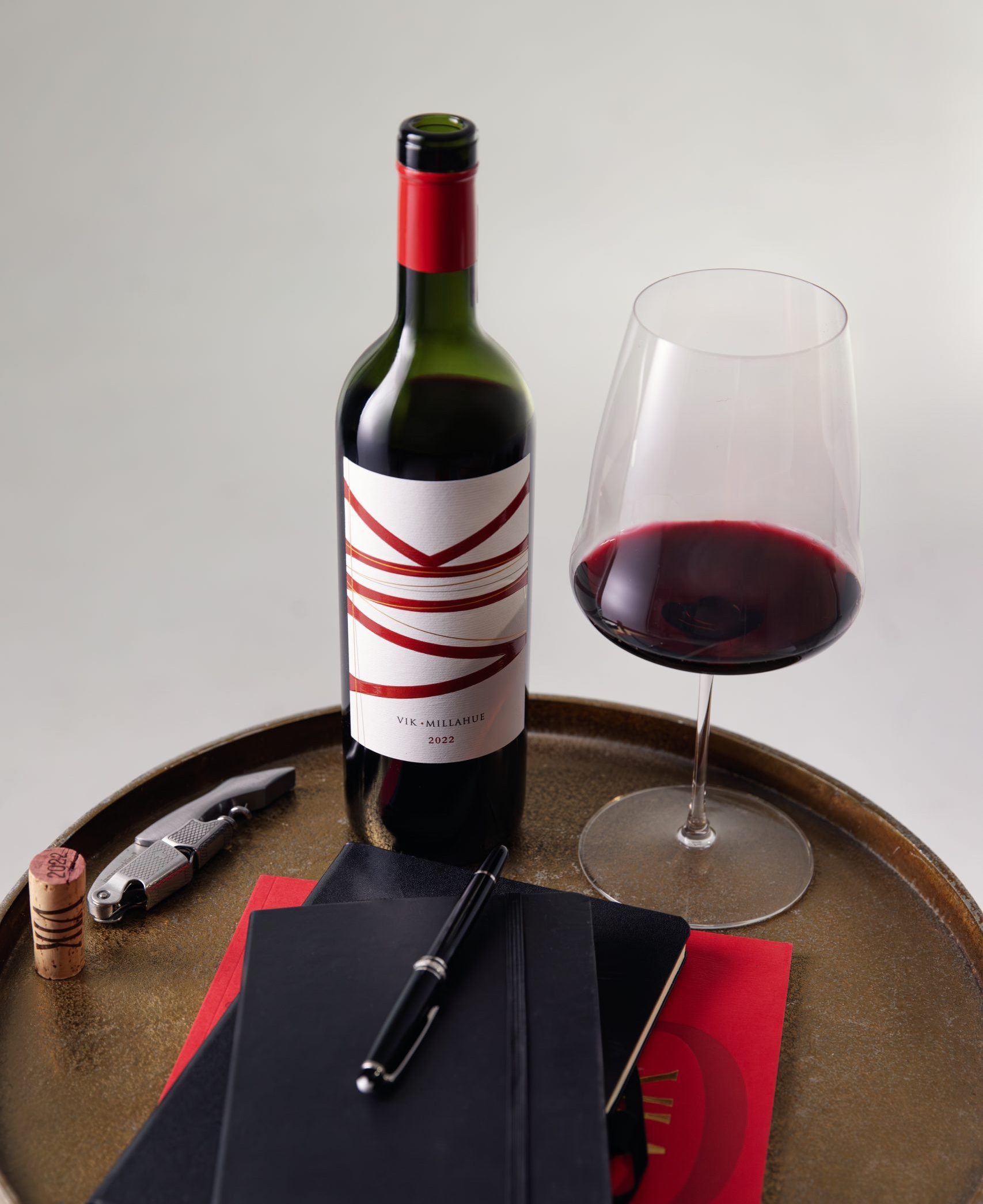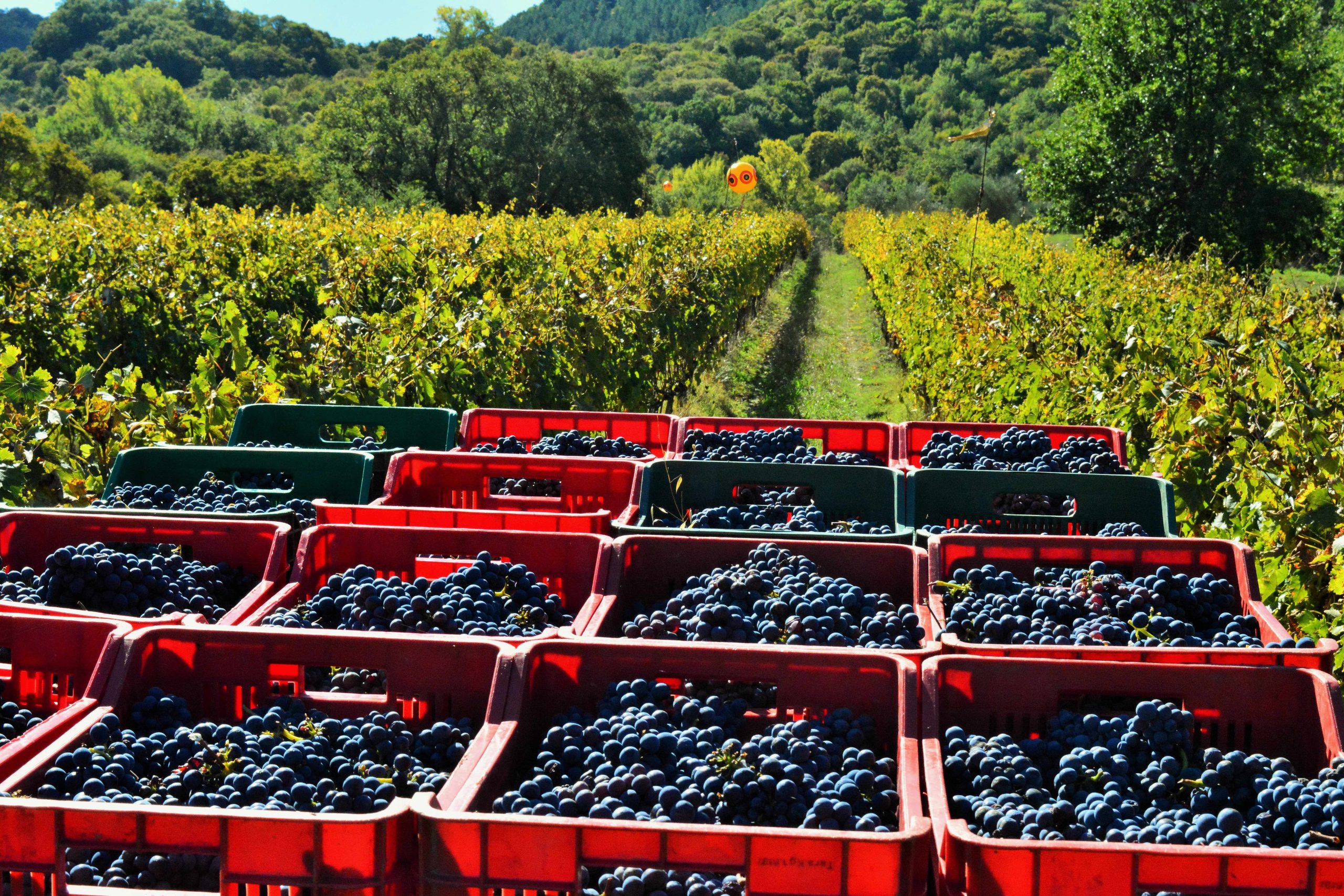French wine project to bring back historic vineyard in Yonne
A new project is resurrecting historic vineyards in the Yonne in North-East France that were abandoned around a hundred years ago.
Domaine des Sénons – a partnership between local businessman and founder Frédéric Duponchel, Chablis winemaker Bernard Raveneau and agronomist Florian Ruscon – has announced it is planting the first three hectares in Saint-Martin-du-Tetre, as part of a wider project to bring back historic vineyards that were ravaged by the onset of phylloxera and powdery mildew in the 19th century, and the advent of the railway, which allowed the Parisian market to source cheaper wines from the South of France.
The vineyard will comprise two hectares of Chardonnay and one of Pinot Noir on the Les Vaux- Gaudins and Les Hauts-Glaciers plots, 5km from Sens, with around 5,000 plants per hectare. Initial geological and chemical testing carried out last April confirmed the steep hillside consisting of calcareous bedrock, with a clay topsoil diffused by a huge quantity of flint – a “rare mix” that made it a “unique and highly promising terroir,” the company said.
It is the first of a series of new plantations in three villages in the Sénons area, Saint-Martin-du-Tertre, Paron and Rosoy, which the three partners hope to increase gradually to around 30 hectares, with 3-4 hectares planted each year. The company, which was created in October 2017, were helped with the purchase of the three plots by the mayor of the three villages, it told db.
The wines will be certified as Protected Designation of Origin, of Yonne, with wines named after the plots where the grapes were grown.
Speaking to local French newsite L’Yonne Republicaine, Duponchel said the team had been working on the project since the summer of 2017 when Sens native Duponchel discussed the possibility of replanting the disappeared vineyards with family friend and winemaker Bernard Raveneau, and his son-in-law Florian Ruscon. Frédéric’s daughter Marie Duponchel, who is currently studying for a technical qualification in wine and vineyard management, will join the team after completing her studies.
“I have always known that there were very active vines here: the first go back to antiquity, then there are many texts that report a high quality wine between the sixteenth and eighteenth centuries,” Duponchel told the paper. “It was more common in the nineteenth century [but] phylloxera and competition with southern vineyards meant that there has been no production for a century.”
Partner Content
Chablis winemaker Bernard Raveneau has overseen the selection of both high-quality clones and massal selection which the company says will “maximize the expression of terroir”, with the aim being to farm the vineyards biodynamically.
“We do it for a matter of taste and ethics. The fields on which we are going to plant our vines are virgin, it would be a pity to put some chemistry there,” Duponchel told L’Yonne Republicaine.
They have recently mulched the vineyards with a bio-textile made of hemp and corn to protect plant materials and enhances their vigour by encouraging microbial activity in the soil.
A new gravity-fed winery will be built in the hillside village of Paron, starting in 2020, ahead of the first harvest in 2012, with the wine matured in a 2,000 sq m medieval chalk cave in Paron which the company has also purchased.




